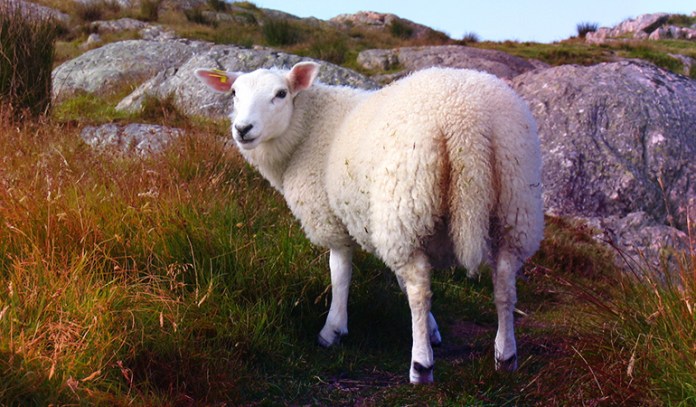For a long time, critics of organic farming believed that this method of farming was simply not realistic for our current population. Modern farming with its focus on high yielding crops was supposed to be the only way we could meet our current food requirements. However, this has been proven false. Organic farming has been shown to match unsustainable farming methods, sometimes even outmatching them. It also does not come with the huge environmental impact of modern farming. If you need more reasons to go organic, here are seven ways organic farming is better for the environment and for us.
1. Organic Farming Enriches The Soil

Since plants absorb nutrients from the soul, the healthier the soil, the more nutrients vegetables will have. Our current farming practices destroy soil quality through overuse of chemical pesticides and over-farming. Samples of chemically treated soil have shown that it contains less than 100 good bacteria per teaspoon. In comparison, one teaspoon of organic soil contains up to 1 billion good bacteria. Since organic farming depends upon composting and avoids chemical pesticides, the soil is naturally richer in nutrients.
2. It Is Free From Harmful Pesticides

Most of the food we eat today is coated in pesticides, many of which are harmful for us. Pesticides have been linked to hormone disruption and even cancer. Organic farmers ditch harmful pesticides for safer forms of pest control. Some lay sticky traps, while other introduce natural predators to bring down the pest population. These methods leave crops with no pesticide residues, making them completely safe to eat. The lack of dangerous pesticides also maintains soil fertility and prevents underground water contamination.
3. It Helps Prevent Soil Erosion

Land that has been cultivated organically has on average, 8 inches more of nutrient-rich topsoil than commercially farmed land. Organic soil is also able to maintain its integrity better. This helps soil erosion which can be a very dangerous environmental disaster. Soil erosion is harmful because it makes the land less fertile. But even worse, it can lead to landslides which can cause huge damage to life and property.
4. It Keeps Water Bodies Clean

Commercial farming damages our water bodies in a number of way. The chemical pesticides used in these types of farming can seep into the soil, contaminate underwater reservoirs or even enter rivers and lakes. This pollutes the water, causing major damage to underwater life and even to humans who drink the water. Commercial farming methods also require more irrigation than organic farming techniques. This can lead to an overuse of water, depleting our natural resources.
5. It Promotes Animal Welfare

Commercial farms raise animals in deplorable, inhumane conditions. These animals are cooped up in tiny enclosures, injected with numerous synthetic hormones and ultimately, suffer from many different kinds of health issues. Organic farms, however, keep animal welfare above everything else. Animals raised on these farms are allowed to grace freely, are never injected with hormones and are fed a nutritious diet. This also makes organically raised meat more nutritious for us.
6. It Involves Higher Biodiversity

Organic farming encourages more biodiversity because it leads to healthier crops. High biodiversity can keep pests in check, leading to higher crop yield. Biodiversity has also been linked to how disease-resistant crops are. When we eat crops from farms with high biodiversity, we’re also nourishing our body with more nutrient-rich foods. A strong farm ecosystem leads to stronger, more beneficial crops.
7. It Can Reduce The Effects Of Global Warming

The Rodale Institute has carried out one of the longest running studies on the effects of organic farming compared to that of commercial farming. They found that organic farming isn’t just healthier for us, it’s better for the environment as well. This study showed that if 10,000 medium-sized farms in America switched to organic farming methods, it would reduce as much carbon as taking 1,174,400 cars off the road would.





